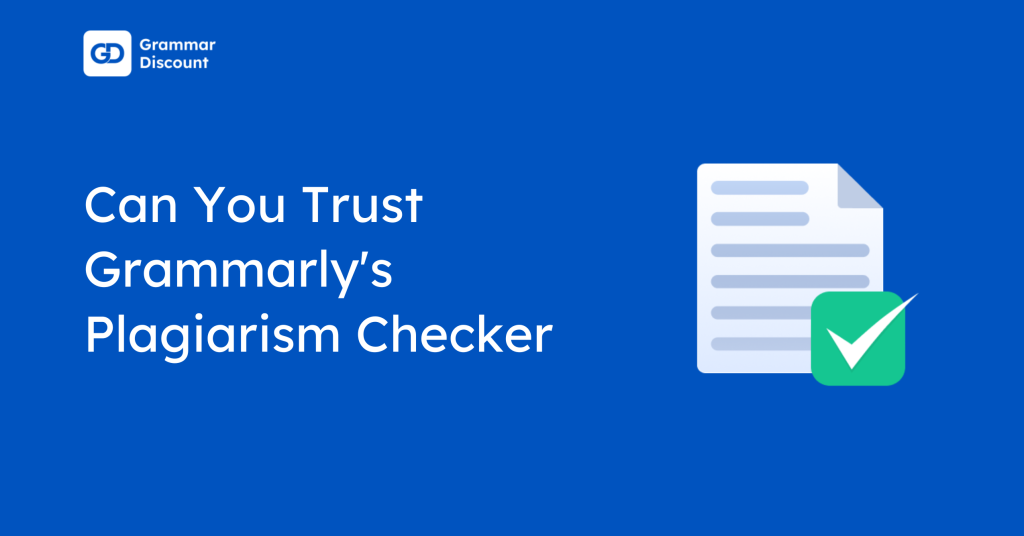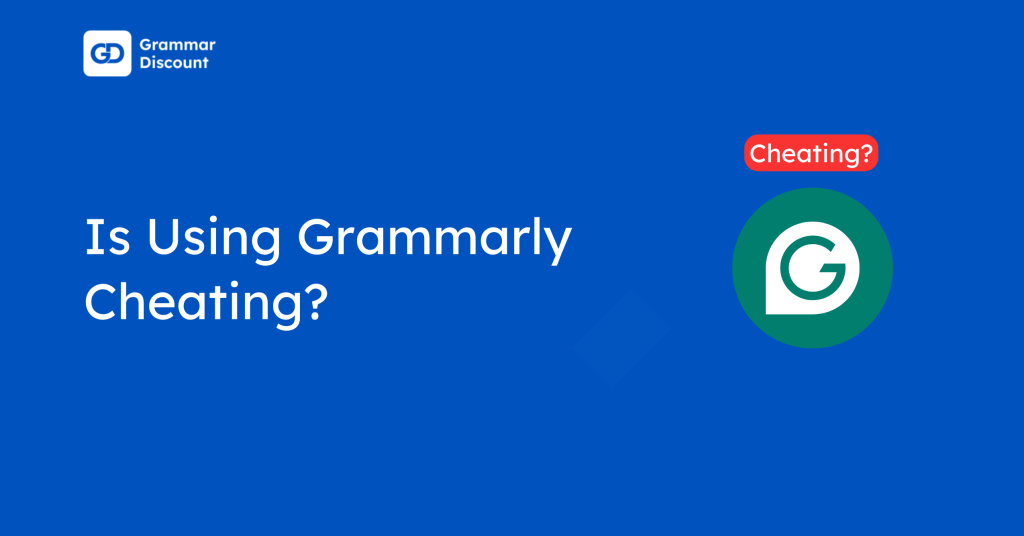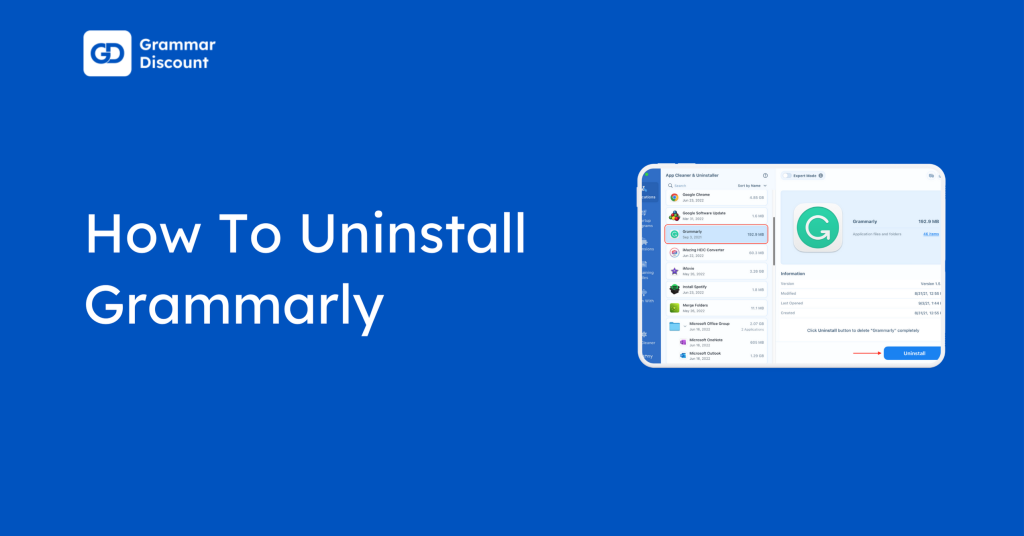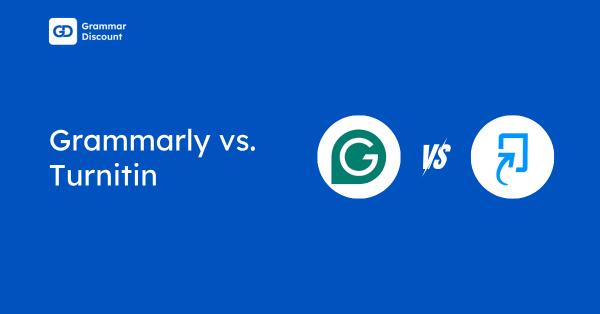With over 40 million daily users, Grammarly is one of the most popular writing assistants online. But is it really safe? The answer is yes, Grammarly uses strong encryption, GDPR compliance, and strict privacy controls to keep your data secure.
It does not store sensitive personal information, so you can confidently use it for everyday writing, emails, or assignments.
In this guide, we break down Grammarly’s security, privacy policies, and data protection practices in simple terms, helping you understand exactly how your information is handled and whether Grammarly is a safe choice for your writing.
Is Grammarly Safe To Use? (Quick Verdict)
Grammarly is generally safe to use.
Grammarly ensures data safety with AES-256 encryption, HIPAA compliance, and restricted access to authorized staff.
It avoids sensitive fields, doesn’t store financial data or keystrokes, and keeps your content private. Users retain ownership and can delete data permanently within 30 days.
The platform implements enterprise-grade security measures, including end-to-end encryption and strict data access controls. However, like any online service, it’s essential to understand what data you’re sharing and take proper precautions.

8 Common Grammarly Safety-Related Questions Answered!
Here are 9 questions answered that I saw everywhere while researching my own doubts about Grammarly’s security.
1. Does Grammarly Steal My Work?
Grammarly doesn’t steal your work. You retain full ownership and copyright of everything you write. The privacy policy explicitly states that you maintain all rights to your content.

2. Can Others See What I Write?
Your writing remains private. Grammarly employees can only access your content in specific situations, such as troubleshooting account issues, and only with proper authorization.

3. Is My Password Safe?
Grammarly protects your login credentials with industry-standard encryption and implements multiple security layers to prevent unauthorized access to accounts.
4. Does Grammarly Save My Banking Details?
Grammarly is designed to automatically detect and avoid running in sensitive fields like password inputs, payment information, and other confidential data fields, ensuring these are not analyzed or stored.

5. Does Grammarly Collect Your Data?
Grammarly does store your data, but it has significant limitations.
Grammarly collects writing samples to improve its algorithms, but you can opt out of this feature and check current privacy settings and features.

6. Is Grammarly A Keylogger?
Grammarly is not a keylogger. Unlike malicious keyloggers, Grammarly only processes text in supported fields and is transparent about its data collection.
7. Is The Grammarly Keyboard Safe?
The Grammarly keyboard is safe to use. It follows the same security protocols as the main application and doesn’t collect sensitive information like passwords or payment details.
8. Should I Give Grammarly Full Access?
This depends on your needs. While Grammarly needs specific permissions to function, you can limit its access to particular applications or websites to control what Grammarly accesses. You can do this in the settings.
How To Keep Your Grammarly Account Secure?
Your account security starts with smart practices. Here is what I do to ensure that my account is safe. You, too, can follow this to enhance your Grammarly or any other account safety:
- Create a strong and unique password.
- Enable two-factor authentication whenever possible.
- When installing Grammarly, only download it from official sources like the Chrome Web Store or Grammarly’s website.
- Customize your Grammarly settings for optimal privacy to control what the tool can access. Consider disabling Grammarly on sensitive websites and only activating it when needed.
- Remember to log out using Grammarly on shared devices and regularly review your connected applications.
How To Delete Your Personal Data From Grammarly?
If you decide to part ways with Grammarly, removing your data is a must-do!
To delete, Log into your account, navigate to account settings, and select “Delete Account.” It is that simple.
Grammarly will permanently delete your data within 30 days. For added security, you can delete individual documents from your Grammarly Editor before account deletion.
Grammarly Security Risks & Concerns
My main Grammarly security risks & concerns center around data storage and privacy, so here is what I found.
First, Since Grammarly processes your text on their servers, there’s always a theoretical risk of data breaches, though Grammarly has a strong track record of protecting user information.
Second, Browser extension security is another consideration. While Grammarly’s extension is safe, it does require certain permissions to function.
Lastly, The keyboard feature on mobile devices also raises privacy questions, but Grammarly has implemented safeguards to protect sensitive information.
Understanding Grammarly’s Security Features
Grammarly takes security seriously, using enterprise-grade measures to protect your data. Key security features include:
- TLS 1.2 Protocols for Data Transfer – Ensures data is encrypted during transit between your device and Grammarly servers.
- AES-256 Encryption for Stored Data – Protects user content at rest with military-grade encryption.
- SOC 2 Compliance (Type 1 & Type 2) – Regular audits verify Grammarly’s adherence to strict security and data protection standards.
- GDPR, CCPA, and Other Privacy Regulations – Ensures user rights and data privacy compliance globally.
- Physical Security – Data centers have controlled access, surveillance, and monitoring to prevent unauthorized entry.
- Strict Access Controls – Only authorized personnel can access user data, and only when absolutely necessary.
- Regular Security Audits and Penetration Testing – Grammarly conducts internal and third-party audits to identify vulnerabilities.
- Data Minimization Practices – Avoids storing sensitive information like financial details or personal identifiers.
- User Opt-Out for AI Training – Users can prevent their data from being used to improve Grammarly’s AI models.
- Two-Factor Authentication (2FA) Support – Adds an extra layer of account security for users.
- Continuous Monitoring – Grammarly actively monitors systems for unusual activity or potential security threats.
These measures make Grammarly a secure and reliable platform for writing, editing, and grammar checking, giving users confidence that their content is protected.
Grammarly Privacy Policy Explained
The Grammarly privacy policy is refreshingly transparent!
Your content is used primarily to provide writing suggestions and improve the service. While Grammarly collects usage data, it is clear about what it collects and why.
They don’t sell your personal information or writing samples to third parties.
Data sharing is limited to essential service providers who must adhere to strict privacy standards. Grammarly may share data with third parties for legal compliance or fraud prevention, but its policy clearly outlines these instances.

Is It Ok To Download Grammarly Free Version?
Downloading Grammarly’s free version is completely safe.
You can also use the free version, which maintains the same security standards as the premium version. While premium offers additional features, both versions provide robust security protections. Check out the latest Black Friday deals to get a mega discount and save on your Grammarly subscription.
Grammarly Alternatives: Security Wise Comparison
Based on the privacy documentation from various writing tools, here’s a detailed security comparison that helps understand how each platform handles user data:
| Feature | Grammarly | ProWritingAid | WhiteSmoke | Hemingway Editor |
|---|---|---|---|---|
| Data Storage | US-based servers with AES-256 encryption | US-based servers with SSL encryption | US-based servers with SSL encryption | Local storage only (desktop version) |
| Text Retention | Temporary, deleted after analysis | Content deleted after checking | Not specified | No cloud storage |
| Third-Party Access | Strictly limited, clearly disclosed | Limited to authorized service providers | Shared with business partners | None (works offline) |
| Privacy Certifications | GDPR, HIPAA, SOC 2 Type 2, PCI DSS, and CCPA | GDPR compliant | TrustGuard certified | No certifications needed (offline tool) |
| Personal Data Collection | Email, usage data, writing samples | Basic user info, payment details | Comprehensive user data | None for the desktop version |
| Data Deletion Policy | Clear 30-day deletion policy | User-controlled deletion | Available upon request | No data stored |
While Grammarly leads with robust security measures and clear privacy policies, each alternative offers unique security advantages.
- ProWritingAid emphasizes user content ownership and immediate deletion after checking.
- WhiteSmoke provides TrustGuard certification but shares data more broadly with partners.
- Hemingway Editor stands out for privacy-conscious users by operating entirely offline in its desktop version, though it offers fewer features.
To conclude, I want to point out that though Hemingway Editor’s offline-first approach provides the highest level of data protection, that comes at the cost of advanced features.
Final Verdict: Grammarly Is Safe & Secure to Use in 2025
After reviewing Grammarly’s security features, privacy policies, and data handling practices, it’s clear that Grammarly is generally safe to use. The platform is backed by enterprise-grade AES-256 encryption, TLS 1.2 protocols, SOC 2 compliance, and GDPR/CCPA adherence, ensuring strong protection of user data.
While Grammarly is secure for everyday writing, emails, essays, and professional documents, it’s not recommended for highly sensitive legal, medical, or financial content due to AI processing and cloud storage.
Overall, Grammarly provides a reliable and user-friendly experience for students, professionals, and casual writers alike. By following best practices—like avoiding highly confidential content, you can confidently use Grammarly while keeping your data secure.
So, are you ready to give Grammarly free trial a chance? If you already have a free account, you can also check out Grammarly discounts here!
FAQs
Grammarly is a legitimate company with millions of users worldwide, including businesses and educational institutions.
The main disadvantage is that your text passes through Grammarly’s servers, which might concern users who are handling highly confidential information.
Grammarly uses artificial intelligence and machine learning to analyze text and provide writing suggestions.
Uninstall the browser extension or app, then delete your account through the account settings page for complete removal.
You can use the web-based Grammarly Editor without installing any software on your device.









